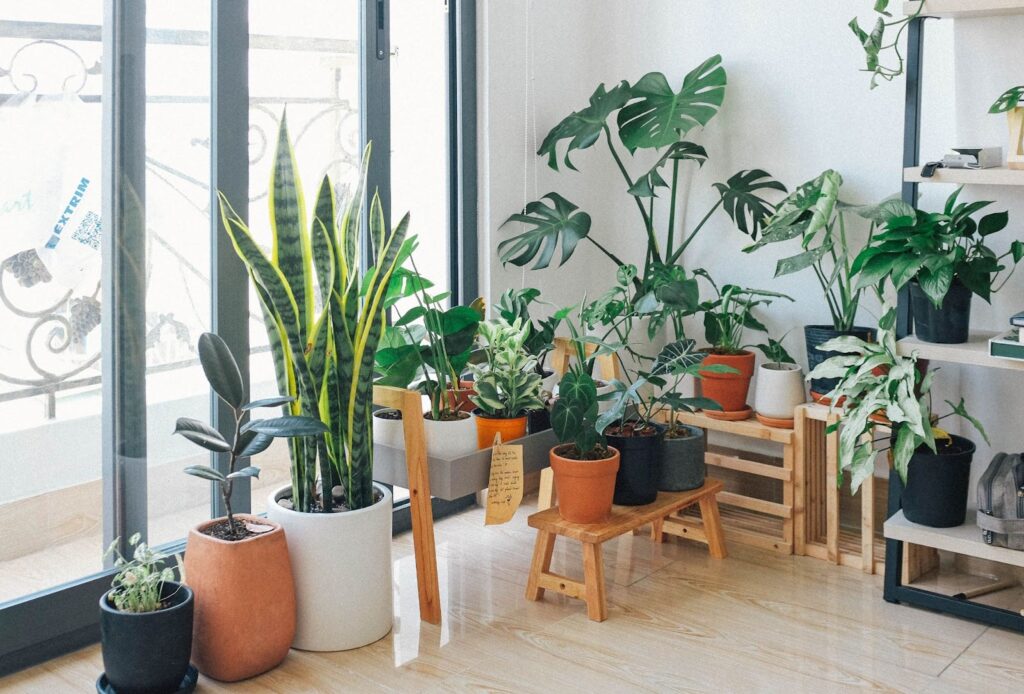Even if you don’t have a large area in your yard, make sure you have a detailed plan for the layout of your garden and the plants you want to include before you begin digging or planting. A garden is a very refreshing area of your home; it will give you freshness and make you feel comfortable, so even if you have a small space, don’t worry. Look for plants that will flourish in your environment and mature to a size that will fit in your garden. Your tiny garden will only require around an hour of maintenance per week with the correct plants. Apply the FirstCry Discount Code and iZil Beauty Promo Code the at the checkout. CouponPlusDeal.com always has the top offers and can help with discount codes.
How to Setup Your Small Garden
Setting up a small home garden can provide a wealth of vegetables and fruits, as well as flowers and herbs. There are a few key things to keep in mind when setting up your garden. First, choose a location that is well-drained and has plenty of sunlight. Second, make sure to plant a variety of vegetables and fruits, as well as flowers and herbs, to ensure that you have a wide variety of choices when it comes to food. Finally, be sure to water your garden regularly, and be sure to compost any organic matter that you produce to help improve the soil.
Choose A Right Spot
Pick a location that receives 6 to 8 hours of sun per day. Choose the sunniest spot in your yard to place your garden because most floral plants and veggies need full sun to thrive healthily. You might be able to grow plants that do well in the shade even if the location doesn’t receive much direct sunlight during the day. Lack of light will prevent plants from growing or producing as many flowers. Choose a location that is near a body of water as well. Try to locate a spot that is either adjacent to your outdoor hose attachment or has a natural water source. It will help you grow your plants easily. By doing this, you may prevent the soil from drying up and killing your plants by keeping it moist. If you can’t put your garden right next to a water supply, at least put it as close as you can. If you want to aid in keeping the soil hydrated, you could also consider creating a man-made pond or other water feature.
Access Your Garden Easily
Choose a location where you can get to your garden with ease. Find an area in your yard where you can view your garden from a window or where you can sit and relax there. To make it simpler to care for your plants, make sure you can easily enter your garden. Avoid putting it somewhere that’s challenging to get because it can become more of a headache. Take a vertical and horizontal measurement of your garden area and record it on paper. Most of the time, the garden performs best when it is made into a rectangular shape, but if you don’t have much space, don’t worry; other shapes will develop as well.
Put similar plants across from one another
To generate symmetry and rhythm, place similar plants across from one another. Instead of utilizing different plants in each of your garden beds, choose to place one plant across from the other or one with a similar texture or color. In this manner, your garden will appear welcoming and improve the area’s sense of balance when you gaze at it. Make sure the plants are roughly the same size on each side of your garden otherwise your landscaping may appear haphazard or out of proportion.
Choose compact varieties of plants to maximize the space
If you want to cultivate larger plants because you enjoy the way they appear, see if your neighborhood gardening store carries compact versions of such plants. To ensure they will still fit in your garden beds adequately at the conclusion of the growing season, check the final growing size on the packaging. Draw the plants in your garden design so you can see how much space they will use. Cucumbers, tomatoes, zucchini, and squash are the most popular veggies that come in compact variants, however you may also discover others.Don’t cut off any more than a third of the vegetation, or else the plant may not grow back as easily. Fruit trees and anything related to melons should not be planted because they can be difficult to manage and can rob other plants of their nutrients. So make your own garden which gives you freshness and makes your home beautiful. It will help for mental health and help to control stress so its better to free up some space in your home for garden.

